
Can anyone have a seizure?
Every person’s brain is capable of having a seizure, if the provoking agent is severe enough.
Let’s take a hypothetical person: John. John has never had seizures.

John goes to the forest for a hike and unfortunately catches a life-threatening infection. He is given a powerful antibiotic (e.g. Imipenem). It is essential to give this antibiotic to John to save his life, but one of the side-effects of this medication is that it causes seizures. While taking the antibiotic, John has a seizure.
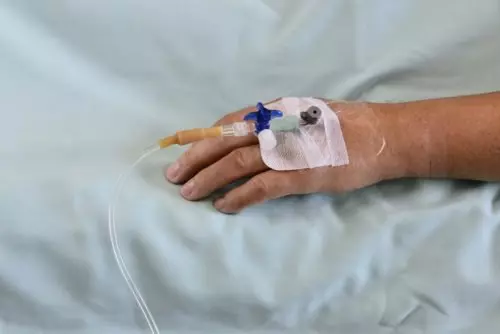
This seizure is a provoked seizure – John’s brain doesn’t seem to have an increased tendency to have seizures, yet the antibiotic caused him to have one.
Moral of the story: If the provoking agent is strong enough, anyone can have a seizure.
What other provoking agents can cause seizures?
By far, the most common reason for a provoked seizure is acute alcohol withdrawal. When alcohol is taken chronically, the alcoholic’s brain becomes used to the sedation it causes. If the alcoholic suddenly stops drinking, his/her brain becomes terribly hyperactive and sometimes can have a seizure. This usually happens between 1-3 days after the last drink.

Abusing drugs, such as cocaine and amphetamines, may also cause seizures. Cocaine, in particular, is a dangerous drug of abuse – it can lead to bleeding inside the brain and heart attacks, amongst other things.
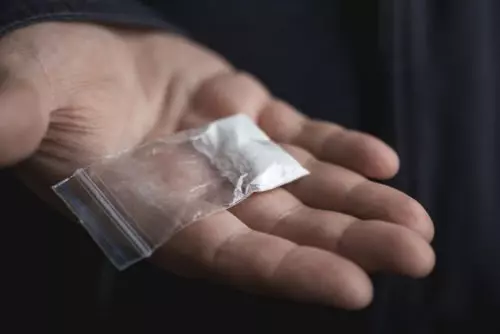
Low blood sugar (e.g. due to excessive insulin use) and electrolyte problems (such as low sodium level due to excessive vomiting or diarrhoea) are common reasons for provoked seizures requiring hospitalization.
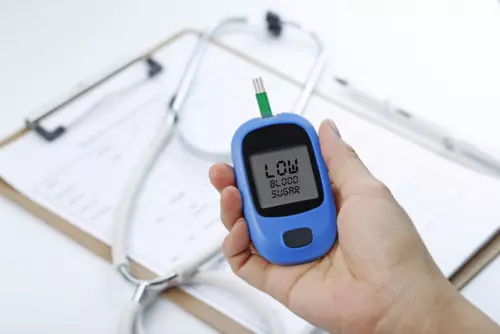
A comprehensive list of Provoking Insults that can precipitate seizures is as follows:
| Provoking Insult | Comments |
|---|---|
| Alcohol intoxication & withdrawal | 1-3 days after the last drink |
| Other drug abuse | Particularly Cocaine & Amphetamines (Speed) |
| Poisoning | For example, with pesticides |
| Medications | Many medications. Characteristically, after Imipenem & antibiotics related to Levofloxacin |
| Low blood glucose | Usually seen in diabetics, due to excessive use of insulin |
| Electrolyte problems (for example low Sodium) | Due to medications for blood pressure, dehydration, excessive vomiting or diarrhoea etc |
| Liver or kidney failure | |
| Infections inside the head (meningitis) | |
| High fever (Children) | Some of these children may develop Epilepsy in the future. Click here: Febrile Seizures. |
| Lack of sleep | Only in people with Epilepsy. See below. |
| Stress | Only in people with Epilepsy. See below. |
| Menses | Only in people with Epilepsy. See below. |
| Missing your Anti-Epileptic dose | Only in people with Epilepsy. See below. |
Does a Provoked Seizure mean that I will have repeated seizures in the future?
The answer to this question depends on how severe the provoking insult was.
Let us discuss three people:
1) No increased risk of recurrence:
Luckily the antibiotic saves John’s life, but what does the incident tell us that he is at a higher risk of having more seizures in the future, as compared to the general population?

The answer to this question is simple. No. Since it was clearly caused by an Antibiotic which John will avoid for the rest of his life, it is very unlikely he will have another seizure.
2) Increased risk of recurrence, even with a brain that does not have an increased tendency for having seizures:
Let’s consider Sachin. Sachin has diabetes; he takes insulin for his diabetes. He recently shifted to a new insulin pen and has difficulty understanding it. Every evening, he takes more insulin than required. At night, his blood sugar drops alarmingly, and he has been getting a seizure almost every night for the past few days.
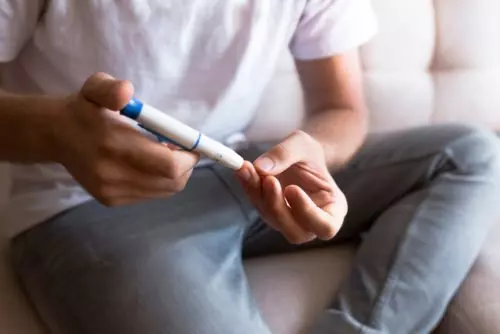
Does Sachin’s brain have an increased tendency for having seizures, more than any other person on the street? No.
But, even then, is Max more likely to have seizures in the future? Yes! Unless he collaborates with his doctor and finds out the exact reason (for example – by checking his blood sugar at frequent intervals for 24 hours), Max is at risk of having more seizures.
3) Increased risk of recurrence, possibly due to an increased tendency of the brain to have seizures:
Let’s talk about Anita. Anita sleeps only for 5 hours on 2 consecutive nights, trying to get some work done. On the 3rd night, she has a seizure.

Well… I know what you’re thinking: That’s not a very severe provoking insult at all! I wonder if there is something about Anita’s brain that makes him more likely to have a seizure.
When the provoking agent is very minor such as lack of sleep, or ingestion of only a small quantity of alcohol, or just some flashing lights – We need to make sure that the patient’s brain does not have an increased tendency to have seizures.
These insults are very unlikely to cause seizures unless the brain has an increased tendency to have seizures. Therefore, they are discussed in detail in another section labelled “Seizure precipitants in Epilepsy” instead [What triggers seizures in Epilepsy?].
We have reached a very important milestone.
We have come to a point where we can easily define Epilepsy:
Epilepsy is a tendency of the brain to have repeated, unprovoked or minimally provoked seizures.
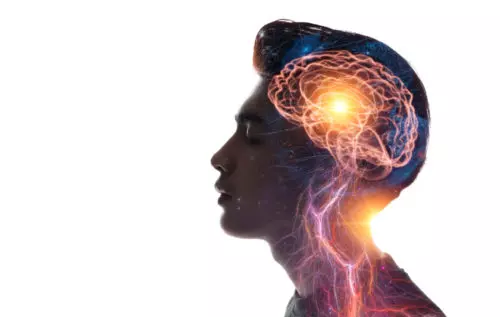
What can we say about John, Max and Sudhir?
Does John the Antibiotic guy have Epilepsy? No.
Does Max the diabetic have Epilepsy? No, but he can have more seizures unless he is careful.
Does Sudhir the workaholic have Epilepsy? Possibly. He will need additional testing such as an MRI and/or an EEG to find this out.
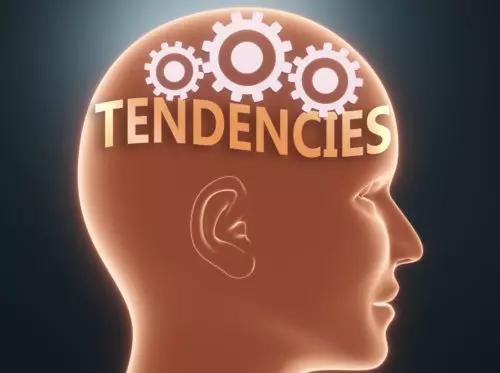
| Caution: This information is not a substitute for professional care. Do not change your medications/treatment without your doctor’s permission. |
